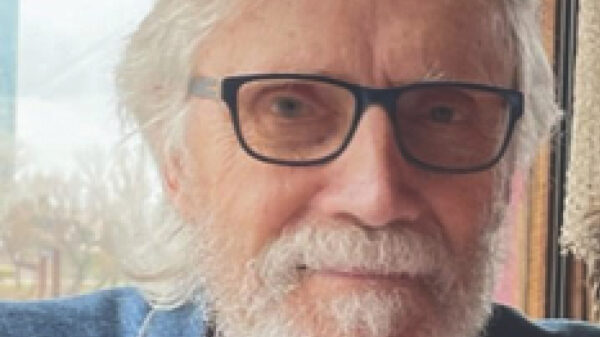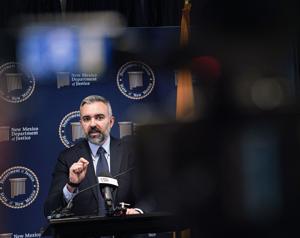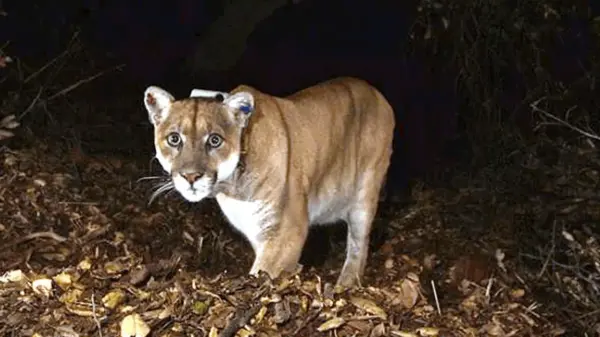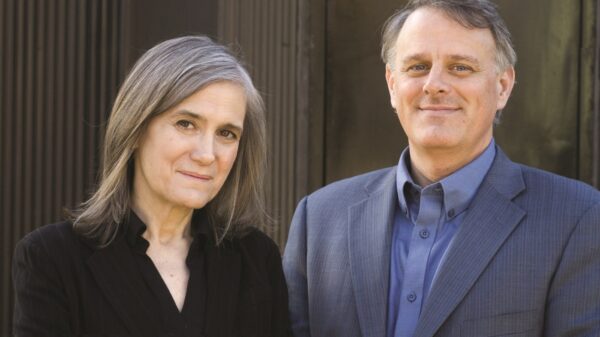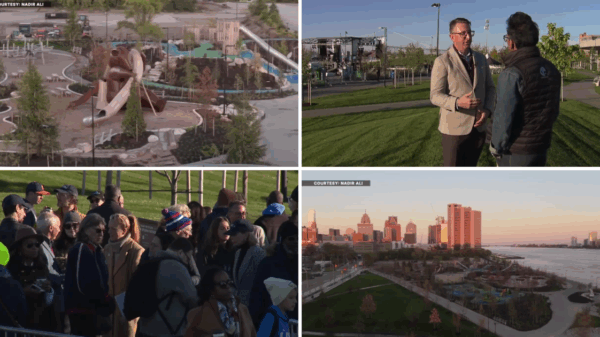Recent developments in scientific funding highlight a transformative approach aimed at overcoming traditional barriers within the research community. The newly established Fund for Science and Technology (FFST), initiated by the estate of philanthropist Paul G. Allen, plans to allocate at least $500 million in grants over the next four years. This initiative underscores a commitment to fostering innovative solutions in bioscience, environmental science, and technology.
Dr. Lynda Stuart, the inaugural CEO of FFST, has extensive experience in the realms of immunology and global health. She previously led the Gates Foundation’s COVID-19 discovery and translational vaccine response efforts, which provided her with firsthand insight into the scientific challenges and opportunities during critical global health crises. Her leadership is driven by a belief that effective funding models must evolve to support groundbreaking ideas that can address pressing societal issues.
Revolutionizing Funding Approaches
The FFST seeks to reinvent the science funding landscape by adopting a philosophy that emphasizes both “big bets” and “long bets.” This approach encourages investment in transformative science and technology projects that may not yield immediate results but hold the potential for significant long-term impact. Dr. Stuart’s vision acknowledges the historical fragmentation in science funding, which often hinders meaningful progress on urgent challenges.
“The COVID-19 vaccine response demonstrated the power of collaborative problem-solving,” Dr. Stuart noted. “When the scientific community unites around a common goal, we can achieve remarkable outcomes.” This collaborative spirit is a hallmark of the FFST, which will initially support four grantees from Seattle, including the Benaroya Research Institute, the College of the Environment at the University of Washington, the Fred Hutchinson Cancer Center, and Seattle Children’s Hospital. The intention is to expand these efforts globally as the initiative develops.
Addressing Long-Term Challenges
One of the key aspects of Dr. Stuart’s approach is the recognition that science often suffers from tunnel vision, focusing on short-term wins rather than long-term benefits. “Without risk, there is rarely significant reward,” she mentioned, reflecting on the necessity for funders to embrace innovative ideas that may not have immediate proof-of-concept. This philosophy aims to foster foundational science that supports projects from their early stages through to fruition, particularly in fields that are often neglected or underfunded.
Philanthropic organizations like the FFST can take on risks that traditional funding sources may avoid, particularly in areas such as pediatric immunology and biodiversity protection. “We must deploy every tool available in philanthropy to drive tangible impact,” Dr. Stuart emphasized, highlighting the importance of diversifying financial strategies beyond traditional grantmaking.
The initiative’s focus on interdisciplinary collaboration is also crucial. The merger of diverse fields often leads to groundbreaking advancements, as seen in the recent Nobel Prize-winning developments in protein design, which resulted from the intersection of artificial intelligence and biochemistry.
As the conversation around science funding gains prominence, Dr. Stuart advocates for a paradigm shift that promotes stability in the short term while paving the way for transformative solutions in the long term. “Solutions to the problems we face cannot wait,” she asserted. The FFST represents a significant opportunity to reimagine the scientific ecosystem and ensure that promising ideas receive the support they need to become impactful realities.
Dr. Stuart’s commitment to fostering an interconnected scientific community reflects a growing recognition of the importance of collaboration in driving innovation. She believes that by investing in neglected problems and accelerating responsible innovation, the scientific community can better position itself to address the world’s most pressing challenges.
In conclusion, the FFST aims to be a catalyst for change in the funding landscape, encouraging a new vision that prioritizes long-term impact and collaboration. With the right support, the next breakthrough could indeed be within reach, poised to improve lives and advance human knowledge. The scientific community must join forces to dismantle existing barriers and embrace a future where transformative ideas can flourish.












